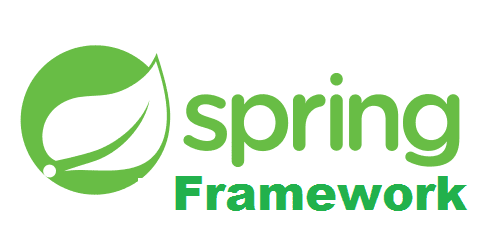
The popular Spring Framework, a cornerstone of many Java-based applications, has received a crucial security update. This patch addresses a high-severity vulnerability designated CVE-2024-22259. The responsible disclosure of this issue was provided by threedr3am of the EcoFlow Intelligent Terminal department.

What’s the Risk?
Applications using the Spring Framework’s UriComponentsBuilder functionality to process URLs from external sources (like user input) could be at risk. If these applications also check the hostname of the parsed URL, they might be susceptible to two types of attacks:
- Open Redirect Attacks: A malicious actor could craft a URL that, after passing the host validation, redirects a user to an untrusted website. This is often used for phishing attacks.
- Server-Side Request Forgery (SSRF): Attackers might leverage this flaw to force the vulnerable application to make unauthorized requests to internal systems or external networks, potentially leaking sensitive data.
The Connection to CVE-2024-22243
This vulnerability, CVE-2024-22259, is closely related to a previously disclosed issue, CVE-2024-22243. It represents a different scenario with a similar potential for exploitation.
Affected Versions
The following Spring Framework versions require immediate attention:
- Spring Framework 6.1.0 to 6.1.4
- Spring Framework 6.0.0 to 6.0.17
- Spring Framework 5.3.0 to 5.3.32
- Older, unsupported versions are also affected
The Fix: Upgrade Now
To protect your applications, it’s vital to upgrade your Spring Framework dependency to the following versions:
Staying Secure
Always keep your software dependencies up to date, especially when critical security vulnerabilities are announced. This vigilance minimizes the chances of attackers exploiting known security holes in your applications.